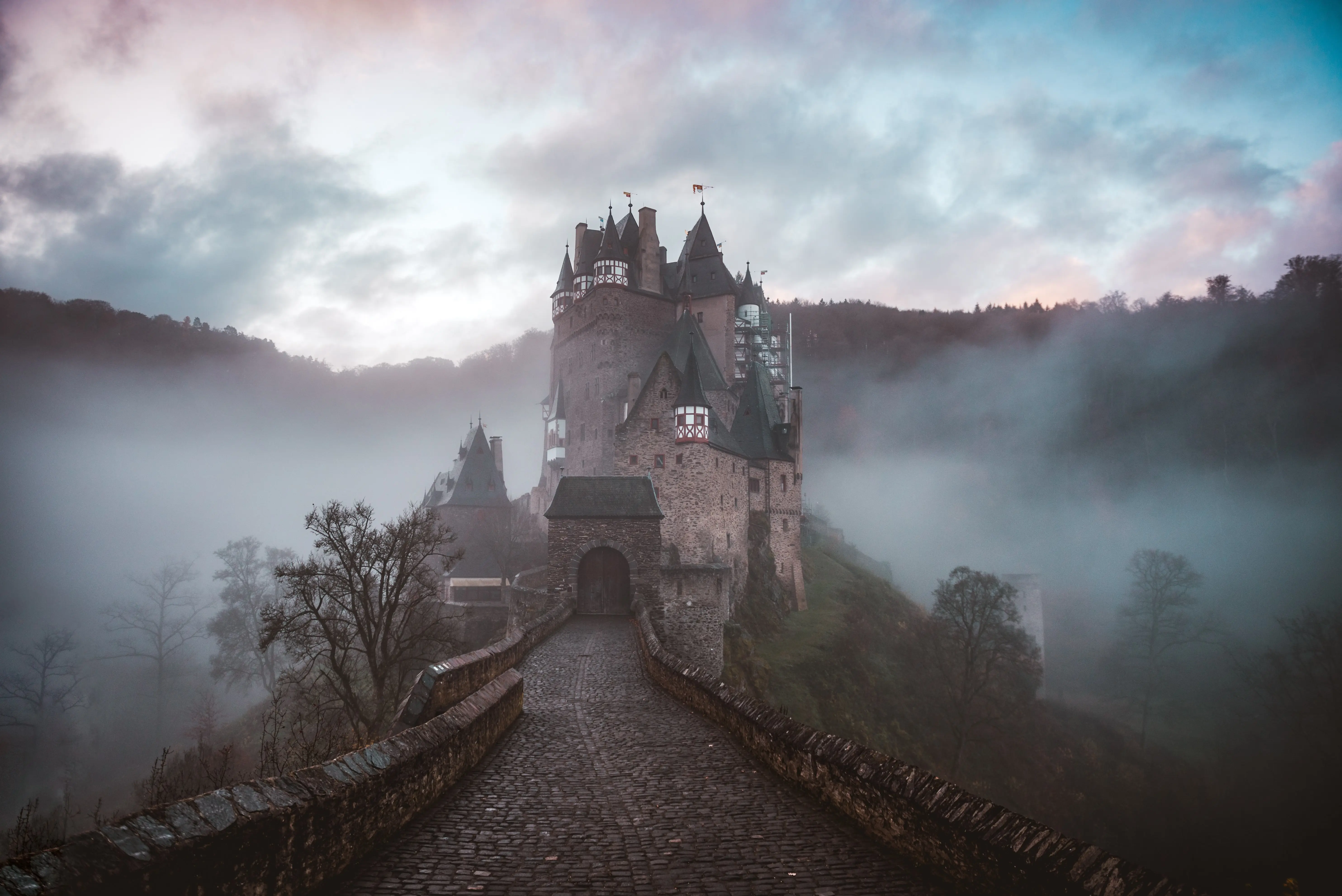
What defines the fantasy genre? Does this label mean that the story involves magic? By definition, the fantasy genre consists of fiction not bound by the natural laws of reality or by human history. Fantasy does, however, explore human nature. Today’s imaginative writing is often inspired by mythologies and folklore, and although magic is usually involved, it's not a requirement.
I’d say that virtually all ancient writings could now be considered fantasy because the understanding of our world has changed enormously, including what people know as real. This fact in no way diminishes the importance of these works. Great minds of the past have much to teach us about ourselves and even about modern life. The difference, of course, between traditional works and what we now consider to be the fantasy genre is that in our times the authors are known and the writing is understood to be fictitious.

But what is fiction, really? Here in reality, I find it absolutely astounding that life forms are possible. What is weirder, stranger, more fantastic than the fact that our universe exists? That we live? How unlikely the fact of our existence is! We define fiction as what is invented, imaginative, or not based on fact. But if you think about it too much, you’ll see it’s not clear where the boundaries are between fiction and truth. There is a thin line between what is invented or imagined and what exists somewhere already. Science gives us powerful tools for understanding our world, based on demonstration and proof. But there are more etheric elements of reality that science can’t demonstrate. This is where the difference between fantasy and reality can become blurry.
Anyhoo, fantasy is an exciting subject of academic study because of the historical, cultural, linguistic, psychological and philosophical aspects of stories. One aspect of this type of literature is the chance to see how thinking has changed or stayed the same over the years. Nothing is more wonderful than when someone from long ago eloquently puts into words a personal realization you’ve had but perhaps hadn’t brought to the surface of your mind. I delight in reading fantasy which paints my inner vision with possibilities that stretch the imagination.

What we think of as fantasy fiction developed out of the chivalric romances of aristocratic post-medieval Europe. Cervantes wrote Don Quixote during the birth of modern fantasy. George MacDonald, a Scottish minister of the nineteenth century, wrote fantasy stories for adults and children which are credited as the first clearly fictional tales. He was a mentor of Lewis Carroll and a major influence to many of the greats who came after him. William Morris followed by inventing a fantastic world to exist outside our known world. These men were Tolkien’s foundation as he created the first high fantasy story.
Modern authors continue on with the development of the fantasy genre. I stand in awe of how fantasy storytellers have built upon the work of their forebears for thousands of years. Those ancient mythologies have never left us.

